Pilot plant in UK cleans waste water and produces fuel
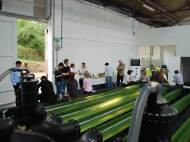 A new industrial plant that uses algae to clean waste water has opened in Gloucestershire, run by scientists from the University of Bath and environmental innovation company Aragreen. The pilot facility will demonstrate the efficacy of algae as a sustainable water polishing technology, using waste water from a nearby Welsh Water plant. The algae will then be harvested and used in the production of saleable products.
A new industrial plant that uses algae to clean waste water has opened in Gloucestershire, run by scientists from the University of Bath and environmental innovation company Aragreen. The pilot facility will demonstrate the efficacy of algae as a sustainable water polishing technology, using waste water from a nearby Welsh Water plant. The algae will then be harvested and used in the production of saleable products.
The first of its kind in the UK, this pilot scheme will be used to trial different techniques and methods, and to experiment with different species of algae to find those suitable for water polishing and biofuel, biochemical and protein production. Relying on the funding from Aragreen, the plant is built on a brownfield ex-First World War field telephone cable production site, which has been derelict for the past seven years.
“There is a large demand for both sustainable water polishing techniques and production methods for renewable fuels and algae biomass which pose less competition to increasingly scarce productive farmland”, said Rod Scott, Professor of plant molecular biology and academic lead on the project. “However, finding a cost-effective method for growing algae in large quantities has historically been difficult.
Waste water is high in nitrates and phosphates, which companies have to remove to create clean water. Currently, a number of chemical processes are used to treat the water and remove these substances to avoid pollution of natural water systems.
“Nitrates and phosphates are required by algae as nutrients, and the process of growing algae strips them out of the waste water”, said Professor Scott. “In the future we may also use waste carbon dioxide from industry to further enhance the process and make use of another waste stream.
The waste water for the pilot plant will be piped from a nearby Welsh Water plant into photo-bioreactors, large clear tubes under LED lights, in which the algae will grow. The clean water will be returned to Welsh Water free of cost for the purposes of the pilot scheme, although resale of this product will eventually be essential in reaching commercial viability.
When the algae is ready to be extracted from the photo-bioreactor it is first concentrated by specialized machinery before being dried into biomass which can be used for a range of purposes such as biofuel, fertilizers or proteins. The team from the University of Bath hopes that it will enter commercial production by the end of 2012. They are also investigating algae growing in the city’s Roman Baths which can survive at higher temperatures and could cut the cost of cooling the photo-bioreactors.

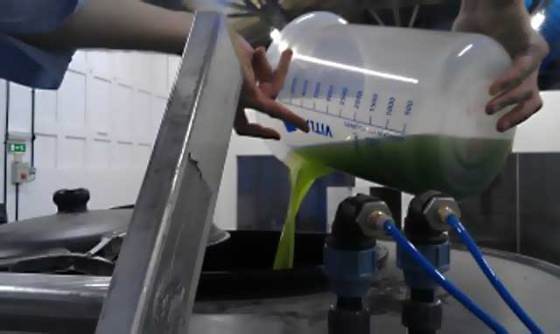


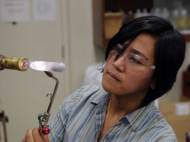
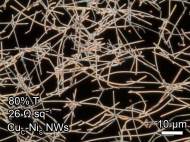
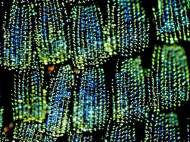

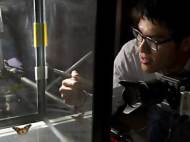

Leave your response!